Losing weight can be difficult. But these 10 widespread myths about weight loss make it even harder.
BY RYAN PARSONS AND CHAEL SONNEN
DEC 14, 2017
MATTHEW BRUSH
The sheer volume of misinformation regarding weight loss makes this subject difficult to navigate. While the basic principles of losing weight are simple, experts often make the process more difficult than it needs to be.
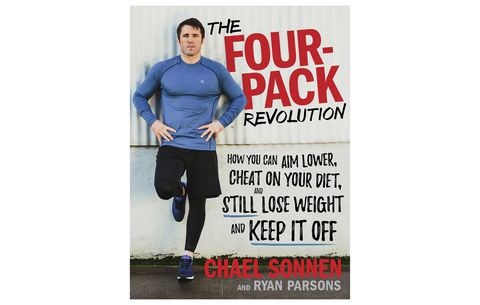 CHAEL SONNEN
CHAEL SONNEN
In an excerpt from the upcoming book The Four-Pack Revolution: How You Can Aim Lower, Cheat on Your Diet, and Still Lose Weight and Keep it Off (slated for release 12/26), co-authors Chael Sonnen and Ryan Parsons address the top 10 most prominent weight loss myths you need to stop believing.
A calorie is a calorie
.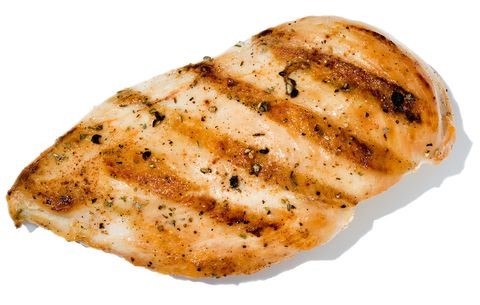
Your body metabolizes various foods in different ways. Proteins, fats, and carbohydrates have diverse effects on your hunger, blood sugar, and hormonal responses. One calorie of protein is not the same as a calorie of sugar. For example, 250 calories from a grilled chicken breast can boost your metabolism and reduce appetite and cravings, but 250 calories from a can of soda will spike your blood sugar and may affect your mood and energy level. Calories from whole, natural sources are generally more filling than refined, processed foods.
Losing weight is a linear process.

Your weight can fluctuate daily by several pounds depending on when you weigh yourself, how much water you’re retaining, and the type of food you have recently eaten. Tracking healthy, long-term weight loss will show an overall downward trend with periods of small gains and occasional plateaus. So don’t be surprised if it takes a few days for the scale to acknowledge your effort.
Supplements can help you lose weight.

Weight loss pills are generally ineffective and a waste of your money. When the infomercial says you can lose weight without changing your diet—yes, it’s too good to be true. Don’t fall for it.
Weight loss is about willpower, not biology.

Your ability to gain or lose weight is influenced by lifestyle and genetics. Relying on willpower alone is a losing battle. The only way to sustain change is to work with your body in a way that fits your personality and natural tendencies.
You should eat less and exercise more.
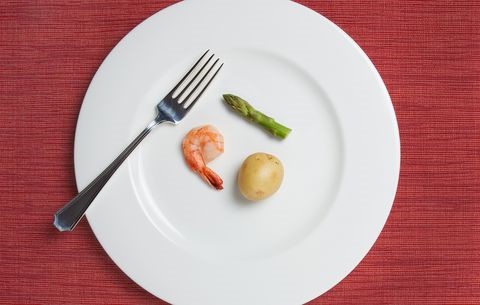
At first glance, this sounds entirely reasonable and true. And it probably is. But this advice is shortsighted and neglects a host of other factors that contribute to gaining weight. If you eat to relieve stress or have never exercised regularly, this requires a change in your habits and lifestyle. You’ll need to find new ways to meet those emotional needs that will contribute to a healthier lifestyle. It’s like advising someone who is broke to “just earn more money” or telling someone who is depressed to “be happy” or “snap out of it.” If it were that easy, we would all be fit.
Carbs make you fat.
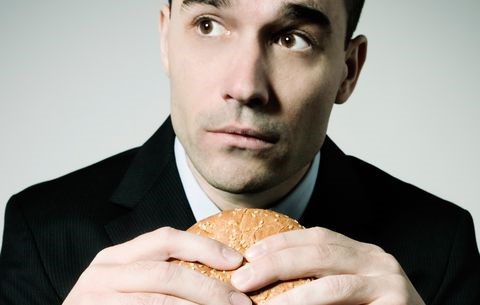
Humans have been eating carbohydrates for a long time. Reducing carbs—especially sugar—will help you lose weight, but you still need healthy carbohydrates in your diet, primarily from non-starchy veggies and legumes (beans). Think: less bread and pasta, more beans and water-rich vegetables.
Fat is bad.
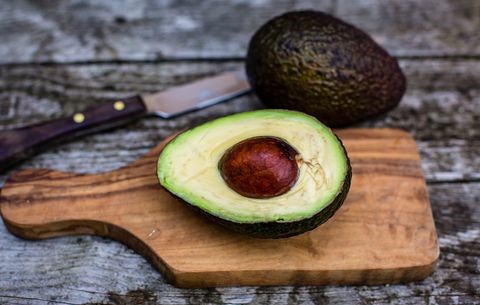
Fat has gotten a bad rap for decades. In truth, as long as you don’t overeat, fat will not make you fat. This essential nutrient makes food taste better and is needed by your body to function effectively. But just as there are good and bad carbs, there are also good and bad fats. Half an avocado is vastly different from an equal portion of refined vegetable oil.
Eating breakfast is necessary to lose weight.

Chances are you’re hungry when you wake up. It’s been close to 10 hours since your last meal, so go eat! A small amount of protein in the morning will help carry you through the day. If you are one of those people without much of an appetite when you get up, it’s not that big of a deal, but be prepared to eat something healthy later on. Stopping for a bagel or snacking at your desk won’t cut it.
Dieting is effective.
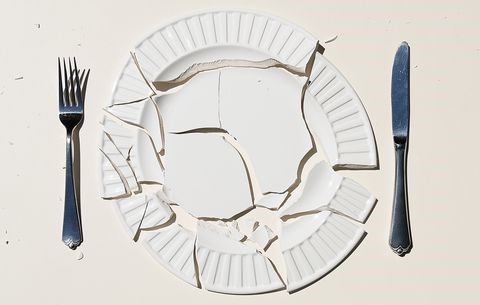
Let’s unpack this myth for a moment. Changing how you eat is obviously paramount to transforming your body. But “dieting,” i.e., restricting you to one specific way of eating, is what we’re attacking here. You will more than likely lose weight if you adhere to any diet, but the problem is maintaining that lifestyle. 85 percent of people who diet regain all the weight they lost within 12 months. So dieting is effective—for a time. But if you want your new physique to last longer than a weekend in Myrtle Beach, you’d better read on.
“Diet” foods are good for you.

Learn to read nutritional labels, not big, bold marketing buzzwords on the front of a package. Foods with a high percentage of unnatural ingredients are best avoided. You may be surprised to discover how much sugar, additives, and unhealthy oils are contained in the diet foods and drinks you regularly consume, some of which may be labeled as natural or organic.
